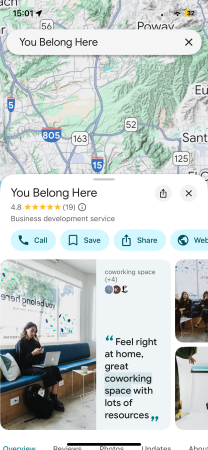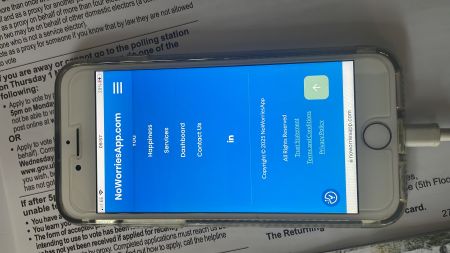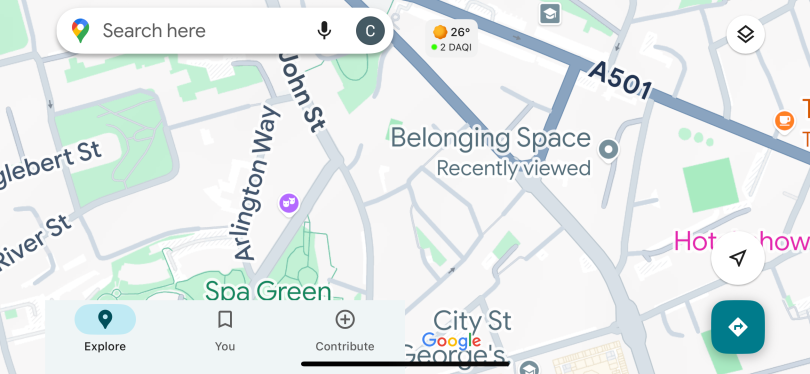To be a member of a family, society or nation – first used in 1393 (Source 2nd Edition OED) – so a term that has been around for a while then and we should understand it!

The above quote can also include the workplace. It’s critical to have a sense of belonging with a group of like-minded people and here we could call them colleagues or co-workers.
Historically, it was easy to understand the concept of belonging in the workplace. Individuals had a job description that described their role and place in the defined company hierarchy.
Quick bit of modern history revision . . .
Joining a company was like joining a community and friendship groups we formed within the company. Many people even met their life partners under these circumstances. There are factories to this day in England – Morgan Cars of Malvern, Worcestershire for example – where there is a strong multi-generation family presence in the workforce.
But this is now very rare.
The sense of belonging was genuine and tangible. Certainly, in the UK at least, added to that membership of a trade union or Guild consolidated this sense of community. The sense of belonging was always further cemented if the individual completed an apprenticeship with the company.
The community was, largely, supportive and team orientated with a workforce sharing a set out common goal; produce x or delivery. However, the sense of workers “belonging” has radically changed. The conglomerates of companies that emerged after World War ll were broken up and fragmented in the late 1970s and 1980s.

Then the internet happened; the aspects of the workplace that created a sense of belonging fast disappeared. The flattening of corporate hierarchies and the fashion for working from home started very much pre Covid, but the pandemic accelerated the change. The most socially active workplace venue – the staff canteen – is a thing of the past.
A late 2024 survey showed that 27% of people feel lonely at work: 70% are happy to go to work if they have even a single meaningful friendship in the workplace. This number plummets to just over 25% where close friendships do not exist. There are knock-on effects here that negatively impact retention, absenteeism, productivity and therefore profitability.
“My line manager really makes a difference to me, when they changed him, I left within 2 months.”
~ UK Gen Z
The consequences of all of this have massively destabilised what belonging now looks like. The emerging new normal is understandably troubling for people. Where do they belong? More importantly, what are the new drivers of belonging?
Workers are now asked to collaborate and engage in more informal team working. Sounds good but it significantly blurs the job description. The flattened hierarchies cloud where professional responsibility starts and stops and there is the attendant increased risk of liability in the workplace. The grey workplace can cause people to become accountable for dimensions where they do not have formalised responsibility or, in the event of a serious problem, any support.

Informal friendship groups and personal contact networks fragment or even wither away altogether. What was previously very clear is now ambiguous. Very ambiguous.
Ambiguity leads to uncertainty & causes insecurity.
Research in the UK has confirmed that happiness in the workplace is declining sharply. According to a major authoritative survey done in 2022, 35% of people are unhappy in the workplace. A key cited reason for this was the collapse of any social connection at work. Post Covid, swathes of people decided that enough was enough and returning to the workplace was not the preferred option; a happier life with less money was a superior choice to more money and the chains of labour.
How then, are employees expected to navigate the emerging workplace?
How do they stay connected with disparate colleagues who are less accessible?
The solutions are many, varied and complex. From the employer’s side the solutions need to be thoroughly considered and as far from tokenistic. Employees are not stupid and they can see through corporate insincerity and ill-conceived policy making. Employers need to be alive to what the future work forces really want.
And it’s not money!
Companies need to embrace the value of Wellbeing and programmes that deliver a genuine uplift in employee Wellbeing. Emerging demands from employees suggest that mid work time social events need to be seen as being part of the working week – not an adjunct which eats into non work hours. The working day, it is proposed, should be more fragmented enabling informal social networks and groups to function with in-house leisure activities becoming the norm.
“My friendships at work massively affect my decision to stay there. Yes, it’s when I go into the office and the team bonding events – we do a lot of them, silly stuff but fun or we go for a social event after work that really makes the difference to how I feel about staying there – working remotely is not the same.”
~ UK GenZ
Undoubtedly, these new workplace characteristics suit the younger workers, but they do not always suit older employees. There is no panacea from the corporate side of the equation. Knowing your own workforce is therefore ever more important. This was another key outcome from the raft of post COVID employee surveys.
CEOs and HR Directors (HRDs) need to be completely around these issues and plan and execute policy with great care. A careless solution to one problem can cause many new ones to surface. But if employers get it right, the rewards are many and varied. If a workplace lends itself to being a workspace where people want to belong, do belong and experience a sense of belonging, nearly every aspect of the balance sheet looks better.

At the individual level there are small incremental changes that need to be implemented. Workers need to understand what belonging means to them.
What strategies can they put in place to feel better engaged with colleagues?
How can they change their relationship with the wider workplace?
The starting point is understanding what the challenges are.
Relationships?
Finance?
Social connection?
And what outcomes are sought?
Taking the second part first, the outcomes sought are usually greater resilience and greater self-reliance. Managing a low level or declining level of belonging is tough but survivable; it’s the coping strategies that matter. The employee needs to equip themselves to handle the ambiguity and uncertainty of the emerging workplace, especially in work places where the Wellbeing agenda is not being addressed as well as it might be. Research shows these issues exist across all age ranges.
Informal discussions with friendly colleagues can help here as can participating in company sponsored social gatherings. But the real solutions come from within.
NoWorriesApp enables employees to capture their own thoughts and concerns in a secure and private environment. The free to download App enables the user to go through a guided – but not prescriptive – journey to reflect on challenges and worries. This results in the creation self-generated solutions and actions to overcome the issues – such as belonging – being faced. The App is built around key academic theories which have been thoroughly explored, including Maslow’s Hierarchy of Needs which identified “belonging” as a fundamental human need. Those that feel they belong are happier. It’s as simple as that.

The NoWorriesApp nudges the user along a pathway towards a small change decision and when ready, to action. The user can review thoughts and actions and track progress on a Happiness Tracker.
Does this seem like a lot of work though, to find a sense of belonging or for a company to facilitate and engender belonging?
Yes it is.
Is it worth it?
Absolutely.
Learn more at NoWorriesApp.com & transform your workplace.
Main References
- HR Review Jan 26 2022
- 2nd Edition OED OUP Oxford UK
- The Guardian July 7 2022
- Psychology Today October 25 2020
- ServCorp August 31 2022
- Compass Group “The Sociable Workplace” October 22 2024
- NoWorriesApp – NoWorriesApp.com
- Other reference sources were consulted.
Copyright and all photos property of NoWorriesApp.com



